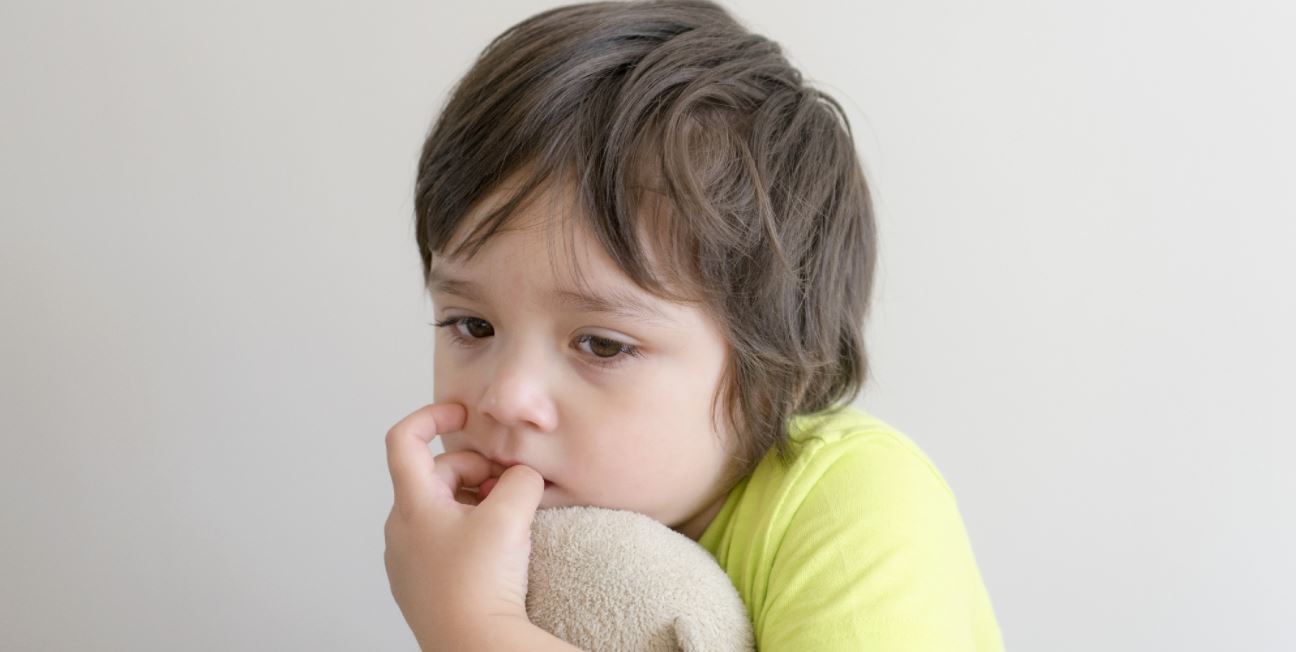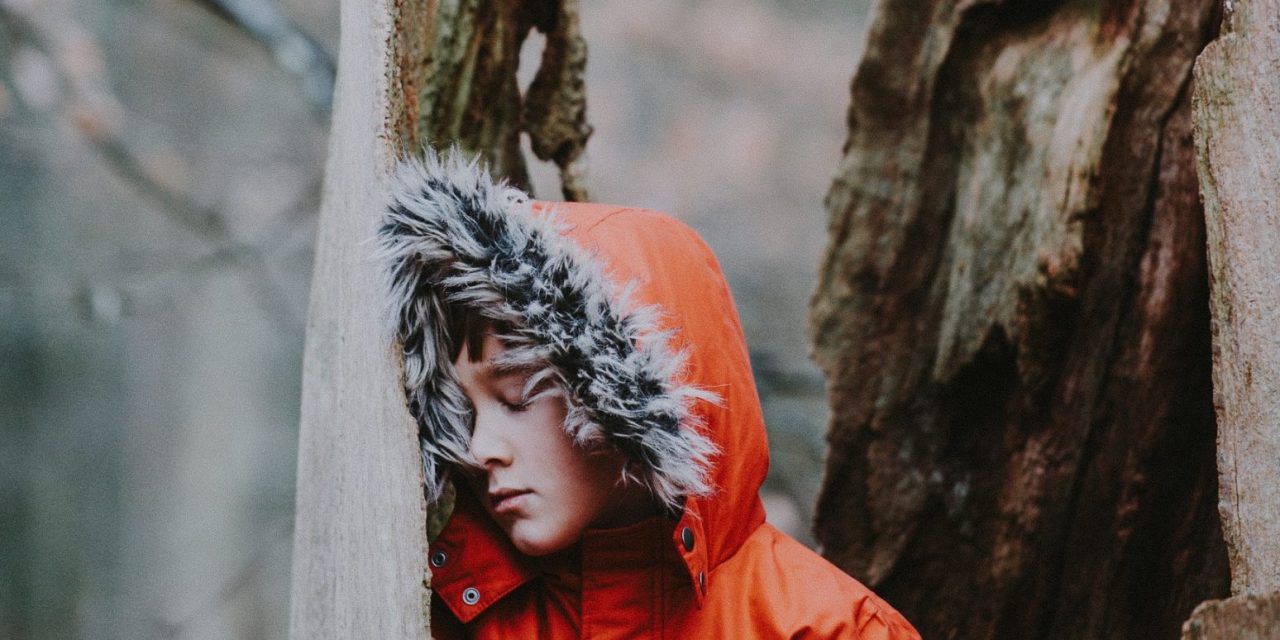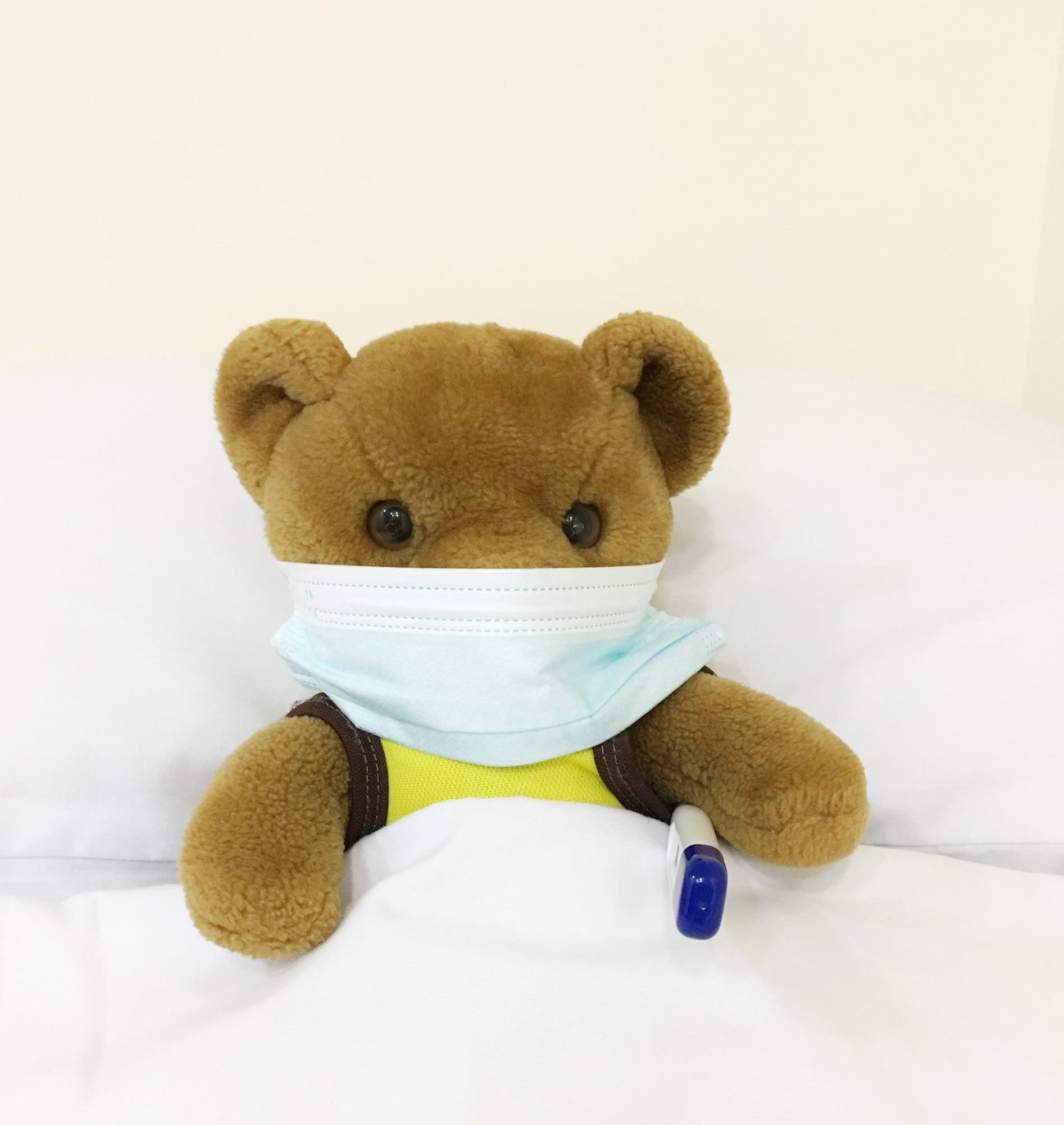Mental health issues affect a large population of children and play out in many ways. Although the notion that children are full of joy and innocence has been predominant for long, the underlying fact stands true for them – many children deal with psychiatric issues. Most of them tend to hide, keep to themselves, or sometimes parents fail to notice. Understanding and spotting these signs at an early age can help your child lead a normal life – happy and stress-free. Let’s start with trying to understand children’s mental health, the issues they can face, and how you can help.
Why Do Children Have Mental Health Issues?
Childhood mental instability stems from many issues. It could be stressors like the trauma of being bullied, being sexually or physically abused, the death of someone near, being rejected by friends and family, peer pressure, or just general school problems.

Traumatic experiences, exposure to violence, or isolation from family could be some reasons that affect your children’s mental health.
Other social or environmental factors also play a huge role in children’s mental health such as a history of poverty, discriminative circumstances, surrounding themselves with asocial people, exposure to violence, parental conflict, social isolation, and family dissolution. Finally, certain personal issues like not having any time to themselves, suffering from low self-esteem, and poor body image can lead to a higher risk of mental illnesses.
There are certain genetic predispositions like a parent/s being mentally unstable themselves that could also result in children’s mental health disorders. This could happen just by observance or association. This, combined with life stressors or traumatic experiences, could definitely be a serious problem for the child’s mental health.
Disorders can also occur depending on how emotionally supportive (or unsupportive) the child’s environment is when it comes to dealing with emotional dysregulation or upheaval.
What Are Some Types Of Mental Health Illnesses In Children?
A few to name would be mood disorders, depression, social anxiety, eating disorders, multiple personality disorder (MPD), attention deficit hyperactivity disorder (ADHD), conduct disorder, panic attacks, post-traumatic stress disorder (PTSD), and in some cases, early onset of schizophrenia.
Although not very common, developmental disabilities like Autism Spectrum Disorder (ASD), where one finds it difficult to communicate and interact with others, could also lead to depression and other mental illnesses. Each of these have different symptoms and signs and can play out at different stages in a child’s life, sometimes leading to the child suffering chronically as an adult.
What Can Mental Health Disorders In Children Lead To?
Mental illnesses in children lead to behavioral problems and are often a direct response to what’s happening in their lives. A decline in physical health, their ability to succeed at school, work, and in society, greater participation in criminal activities, altercations with the justice system, and in general, a very unstable adult life is also almost known to happen.

Your child’s poor mental health can also affect their physical health and their day-to-day activities.
Traumatic experiences or an unstable environment enable a child to most likely develop addictions or other vices. These could eventually manifest as diseases in the heart, lungs, kidneys, and other vital organs. Their personal lives could also take a hit. They could be faced with severe loneliness as a result of multiple failed relationships, leading to self-esteem issues.
What Are The Signs Of Mental Illnesses?
There are many warning signs to look out for when it comes to recognizing mental illnesses. Some of these are behavioral in nature. It could be in the form of persistent sadness, withdrawal from social interactions, changes in eating habits, lack of sleep, frequent headaches, and difficulty in maintaining concentration levels. A loss of weight, bedwetting, constant nightmares, and changes in academic performance could accompany several of these signs.
In some cases, the signs can get to a much more drastic nature, like severe changes in mood and behavior, aggressive outbursts, no concern for safety, extreme irritability, self-harm, or suicidal thoughts or actions.
If you see these symptoms in isolation, make sure you address them right away! It might not always be the case that the child is mentally ill, but you’d rather be safe than sorry when it comes to the well-being of your child.
When Does One Seek Help And What Can Be Done To Help?
If you notice the above signs in your child, consider seeking help on a professional level. Start by initiating conversations and addressing issues with your child. Take them seriously, try not to brush it off, and negate their feelings. Don’t assume that the feelings might pass, especially if you’re noticing the signs for a while now.
Positively reinforce them through your words and actions, by reminding them how good they are at what they do. Keep yourself updated and be open to the thought that you might be the cause of your child’s mental problems. Talk to their peers, friends, teachers, school counselors, and others they interact with to get a clearer understanding of your child’s behavioral changes. If that doesn’t work out, seek a professional’s help at the earliest.
Treatment usually involves going to therapy, where the therapist approaches the problem step-by-step so the child can explore their feelings. This is usually through activities like drawing, painting or other games, with a trained specialist! Taking therapy or psychotherapy also can be super effective for children and young adults. But in some cases, medications could be prescribed to help them be more at ease with themselves. This is of course prescribed after seeing a specialist and taking the approval of parents of the minor child, and shouldn’t be taken lightly!

Spending time together and doing activities as a family can greatly improve your children’s mental health.
Conclusion
A psychiatric condition in a child doesn’t mean that they have to deal with it lifelong. But unfortunately, that’s the social stigma that follows them throughout. Children’s mental health, therefore, needs to be taken seriously so that these stigmas cease to exist and our kids get the help they need. Handling children with care and love, while providing them with the right system for mental, medical, and developmental health assessments can do wonders.
Children who have overcome their illnesses have most likely been the beneficiaries of extraordinary efforts on the part of supportive people in their lives. These could be family, friends, peers, teachers, and counselors. On your part, ensure you do everything possible for the benefit of your children by being alert about their mental as well as physical health. Part of the latter is routine immunization, which is where the ImmunifyMe app steps in. Leave the reminders to us so that you can focus on your baby.
FAQs On Children’s Mental Health
Is Therapy A Waste Of Time?
Treatment for childhood psychiatric disorders isn’t just talk. Today’s treatment programs for children use cognitive-behavioral therapy, which mainly focuses on altering problematic thoughts, feelings, and behaviors. Research has shown that interventions are proving to be successful during the first few years of therapy.
Will Children Grow Out Of Mental Health Problems?
The chances of children growing out of psychiatric disorders are quite less. Mental health problems, if left untreated in childhood, are very difficult to treat as adults. This should be enough reason to check young people for behavioral and emotional problems. Coordinating interventions at this stage is more likely to be successful, just like the treatments.
What Are The Main Warning Signs Of Mental Illnesses?
Mental illnesses can have several different warning signs depending on the person and the type and stage of the illness. Some frequently observed warning signs are:
- Withdrawal from family and friends
- Paranoia, worry, and anxiety, often debilitating.
- Constantly seeming sad or angry and irritable.
- Extreme and unpredictable mood swings.
- Sudden or dramatic sleeping and eating changes.






